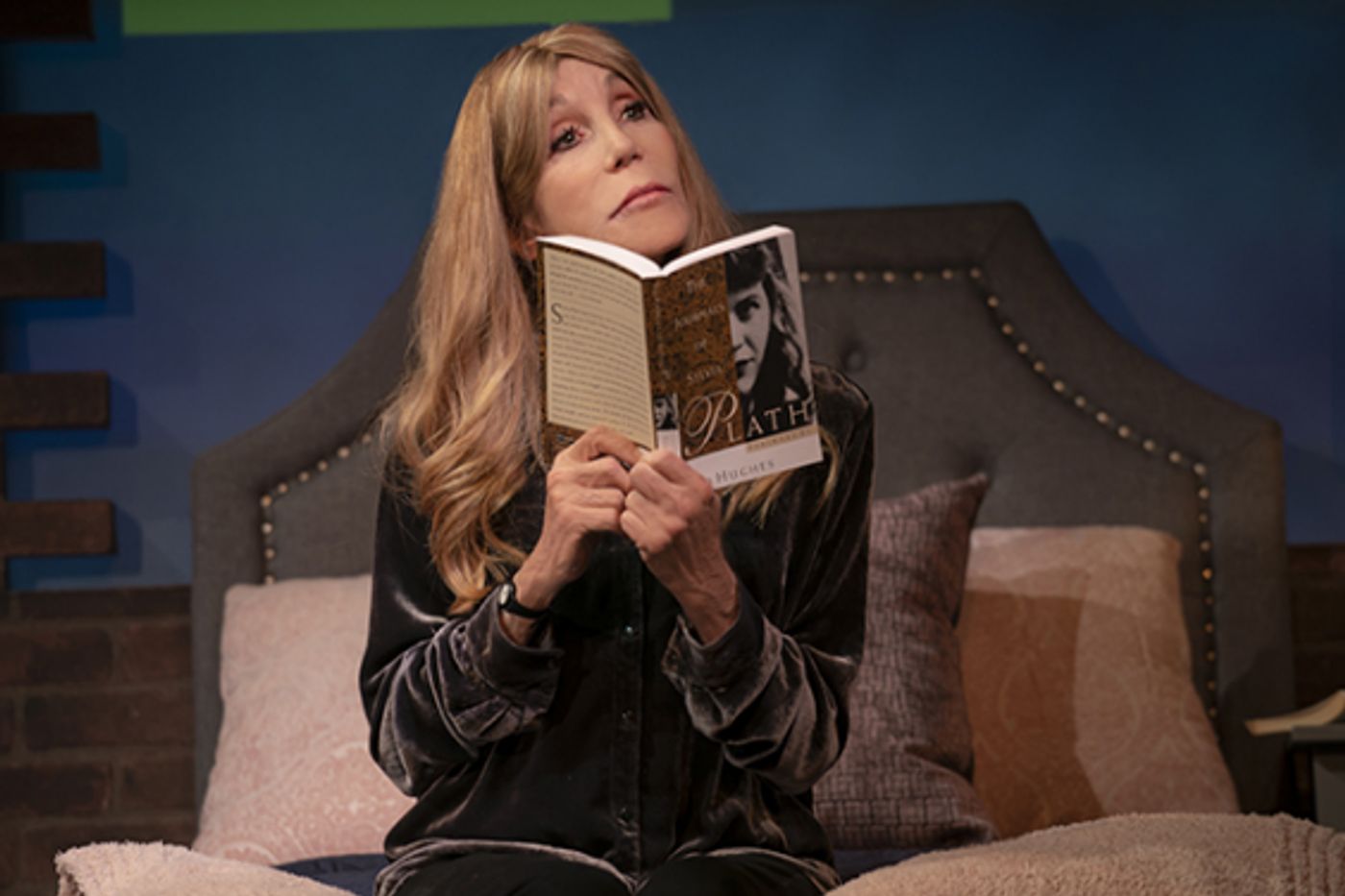Review: Barra Grant Tells of Her Iconic and Infamous Mom in MISS AMERICA'S UGLY DAUGHTER: BESS MYERSON AND ME
"Fame was like a tongue sandwich to my mother," is one way Barra Grant puts it in her autobiographical (almost) solo play, MISS AMERICA'S UGLY DAUGHTER: BESS MYERSON AND ME.

From the moment in 1945 when she became the first (and still only) Jewish woman to be crowned Miss America until her passing in 2014, Bess Myerson was both an iconic and infamous New Yorker. Admired for fighting against anti-Semitism while becoming a popular television celebrity, presidential adviser and chair of New York City's Department of Consumer Affairs, she also made headlines for scandals involving bribery, obstruction of justice, shoplifting and a rocky romantic life that included an affair with a major mafioso.
Born of her mother's first marriage but taking the surname of her mother's second husband after being adopted, Grant lived a life of being pressured into greatness by a parent who was always quick to point out the negative. (Really, who tells a 9-months pregnant woman that she could stand to lose some weight.)
The play is set in Grant's apartment during the 1990's, with stories prompted by a series of late night phone calls from mom. Understudy Margaret Reed supplied the voice for the unseen Bess Myerson when this reviewer attended and did a terrific job of getting across the combination of narcissism and vulnerability.
Regarding the title, no reasonable person would describe Grant as looking anywhere near ugly, but, at least on stage and as directed by Eve Brandstein, her physicality communicates a sluggish lack of confidence.
"In my own mind I remained Miss America's schlubby, chubby, ugly daughter."
.png?format=auto&width=1400)
But while she play's the title character, it's mostly about mom, the public figure. More intimate details include Myerson's habit of stealing airline blanket and giving them as gifts, always finding a way to not pay a restaurant check and being so protective of her own celebrity that she once signed every page of her daughter's autograph book.
"I'm glad (Barbra Streisand's) such an important Jew now. Takes some of the pressure off me."
While she may be playing her life story, Grant, unfortunately, doesn't display much acting ability. The first half of the 85-minute piece is practically a stand-up comedy routine, but she rarely hits the punch lines effectively. It's only later in the play, when she talks about finally discovering herself and enjoying romance that her sincerity shines through.
There's no real depth to the play, and gradually it seems to resemble numerous other domineering parent/put-upon child stories. Those who remember Bess Myerson may get some nostalgic amusement out of this New York story, but don't expect much in the way of drama.
Reader Reviews
Powered by
|
Videos

